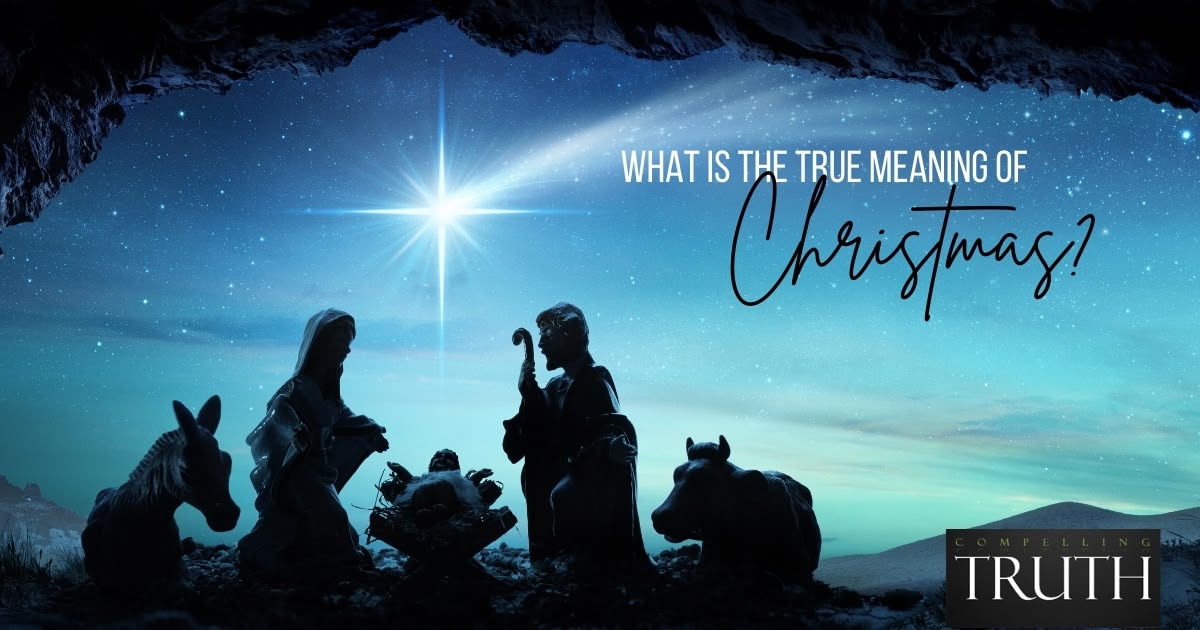The Magnificat, Mary's hymn of praise found in Luke 1:46–55, is a profound declaration of her faith and response to God's blessing. Filled with the Holy Spirit, Mary exalts God for His greatness, mercy, and faithfulness. She begins by magnifying the Lord and rejoicing in God her Savior, acknowledging His favor upon her humble state. Mary's poetic praise highlights God's actions of justice and mercy. The Magnificat not only celebrates God's past faithfulness to Israel but also anticipates His ongoing mercy for future generations, embodying a testament of trust and gratitude in God's divine plan. Mary’s Magnificat encourages us to magnify the Lord with our words and our lives.
Mary's Magnificat offers a profound example of how we can magnify God in our lives. To magnify God means to praise Him, to exalt His greatness, and to acknowledge His presence and work in our lives. Just as Mary proclaimed, "My soul magnifies the Lord, and my spirit rejoices in God my Savior," we too can magnify God by recognizing and celebrating His blessings, mercy, and faithfulness. This involves a conscious effort to shift our focus from our challenges and limitations to His power and goodness. We can magnify God by sharing testimonies of His work in our lives, expressing gratitude for His provision, and living in a way that reflects His love and grace. Through prayer, worship, and acts of kindness, we make His presence more visible to ourselves and others. By trusting in His promises and relying on His strength, especially in times of difficulty, we demonstrate our faith and dependence on Him. In doing so, we not only honor God but also inspire others to seek and glorify Him. Magnifying God becomes a daily practice of acknowledging His greatness and letting His light shine through us.




